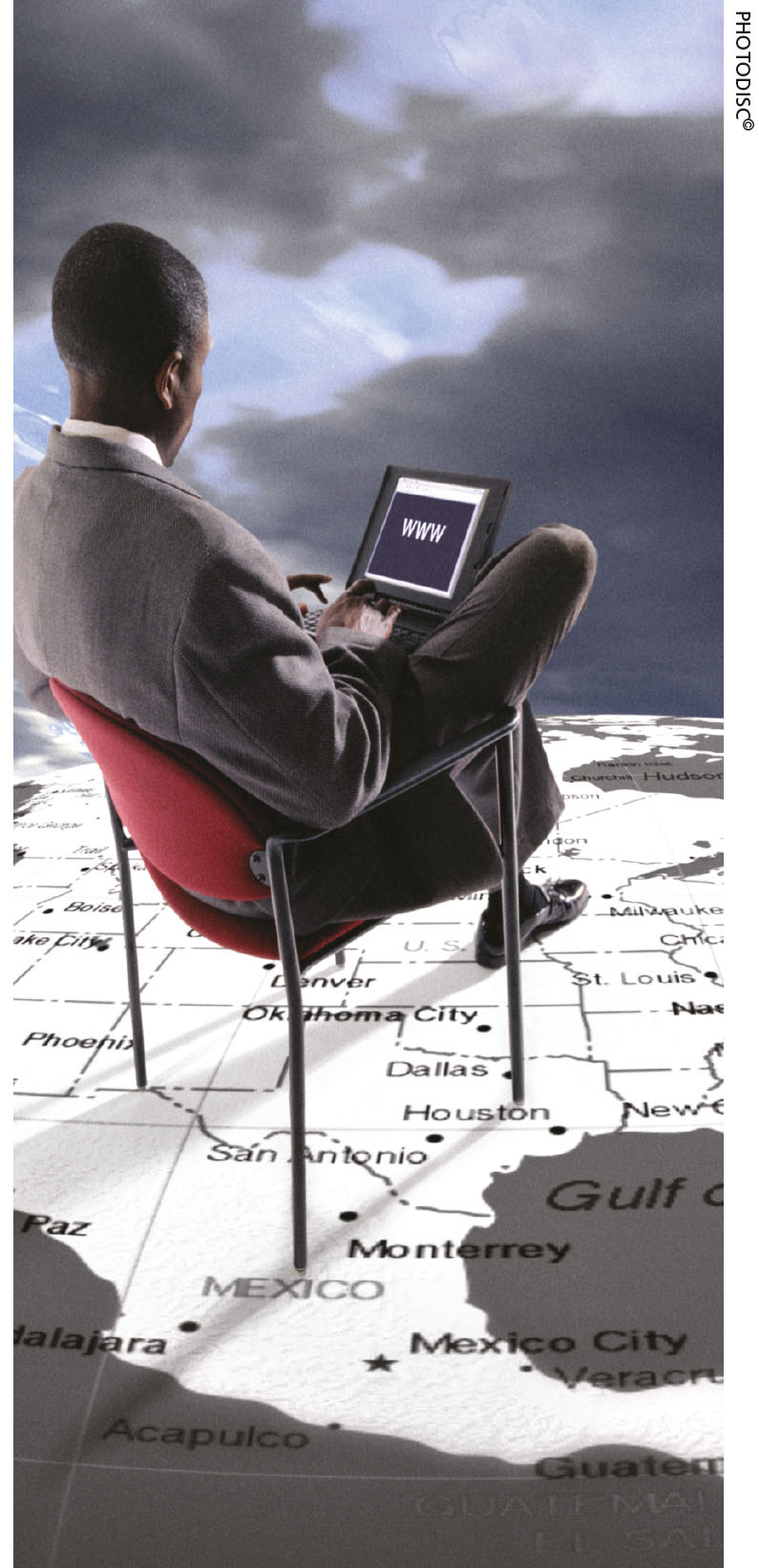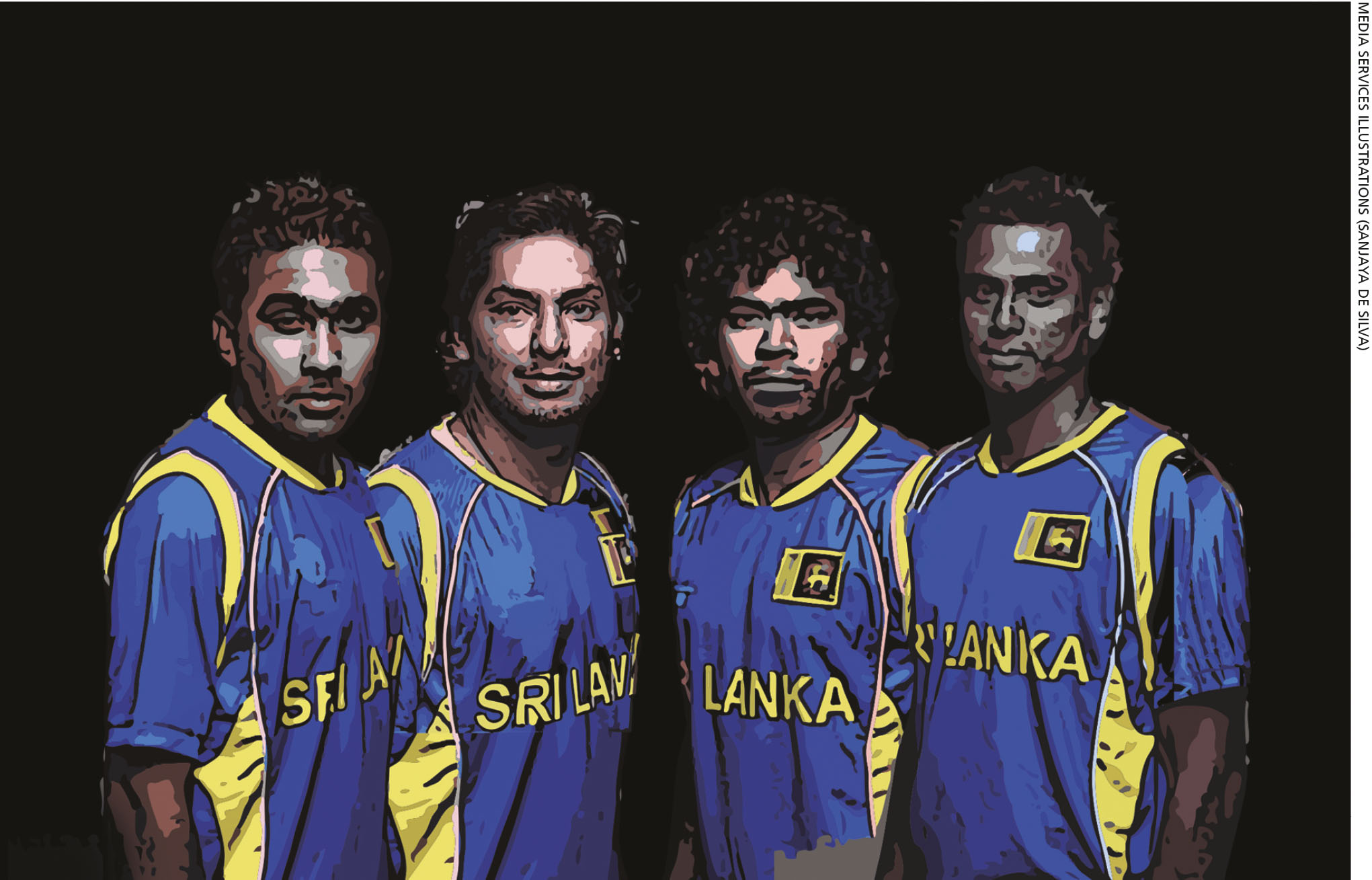STATE OF THE NATION
As recent events have demonstrated, the reconciliation of Sri Lankans at a national level is more the need of the hour than perhaps ever. This is not only because ethnic integrity is still a consummation devoutly to be wished but also because any tension along ‘racist’ lines is perhaps reflexively ‘nationalised.’
The attribution of student clashes on a northern campus not long ago highlights the tendencies to see chauvinism where conflict exists, deny a lack of genuine and grounded reconciliation almost as a matter of government policy, and provide space to ethno-nationalist elements to air their corrosive views.
IF ONLY BIZ WOULD SAY ‘NOT IN MY NAME’
National reconciliation is too important a business to be left to politicians alone – Wijith DeChickera explains
On the one hand, the disingenuous denials of government may be a good thing in the short term. At a time when our nation state is struggling to surmount a panoply of ills (from the aftershocks of a natural disaster, to a draconian tax regime – this, as part of the resolution to stave off a balance of payments crisis while government mandarins fail to tighten their own austerity belts), such a strong ‘No!’ to the spectre of resurrected insurgency may be prudent.
And on the other hand, it might be merely pusillanimous – reflective of the desire of those in power to have us lead lives of quiet desperation, sans the storm of stress of sanctions against rioters on campus and rabble-rousers in cabinet alike.
Therefore, like most matters of national importance, the meaning and modality of national reconciliation is too serious a business to be left solely in the hands of even well-intentioned administrations. Like most such issues however, this is precisely what the people who elected their representatives with integrity are wont to do. It won’t do in the long run though.
Governments are notoriously given to expedience, being driven as they are by short-term agendas such as delivering on broadly expressed visions in the narrowest of possible terms of implementation – for the sake of political survival.
But if it is with academia that patriots seek a powerhouse to drive the conceptualisation of national reconciliation, they might be disappointed. The groves of academe in our blessed isle remain notoriously polarised when they are engaged in the sociopolitical life of the nation, or nostalgically lost in some glorious past that is a figment of their liberal imaginations. Had the recent ruckus not ensued at the University of Jaffna, it would most likely have broken out at another varsity in the north or east, sooner than later – maybe or maybe not under the concealed hand of the stabbers with their knives under the cloak: those hidden political assassins who still stoke unrest in our erstwhile war zones.
For while tertiary education in the south is embroiled in critically engaging the governments of the day against real or perceived social injustices, northern institutes of education remain a hotbed of potentially nascent nationalisms whose competition could cause petty clashes to escalate to political conflagration.
Nor is so-called civil society – replete with newly liberated pundits who have neoliberal agendas, as much as the intellectual old guard of radicals and progressives – a viable calling point for the concerned civilian. Some armchair commentators still idealistically hold a candle for the avowed mandate of good governance, trusting implicitly in its ability and willingness to deliver the nation uncritically into the embrace of transitional justice.
Other more cynical commentators rue the internationalism to which we have succumbed, having been seduced by the sweetness of the carrot of aid and assistance that comes with the stick of enforced reforms. We who hear both sides of the debate on which way our nation state should go, would do well to recall the maxim that in swinging ‘between hell-gate and heaven-gate,’ the earnest soul ends up in limbo.
It is in such a lotus-eating never-never land that the blessed isle slumbers on, ostensibly blissfully unaware of the dangers that lie beneath a calm and complacent surface. The worst demagogues are still full of passionate intensity while the best democrats appear to lack all conviction or have naively placed all their hopes in the basket of constitutional reform.
Hope that omelette will not have to be made by having the egg of pragmatic-idealism dashed in the face of the movers and shakers of political change – so shaken by the seemingly unexpected status quo in which they find themselves as a surprise that they cannot move against the shocks their opponents present.
So it is with a forlorn sense of the outcome being a foregone conclusion that one appeals to corporate Sri Lanka to grasp the rose of reconciliation by its national nettle. For business is the crucible with the greatest potential for transforming the type or shape of a unique, united and integrated Sri Lankan identity that has steadfastly refused to emerge from the cocoon of postwar realities.
That it has the potential, paradigms and resources to effect the sea change that is a dream awaiting an awakening is proven every day in the marketplace, where myriad islanders conduct business – ignorant of and apathetic to the primeval stirrings of chauvinism.
If our chambers of commerce and industry miss this opportunity to galvanise national movement to gainsay ethnic-nationalism, it won’t be their loss. It will be all of ours.




